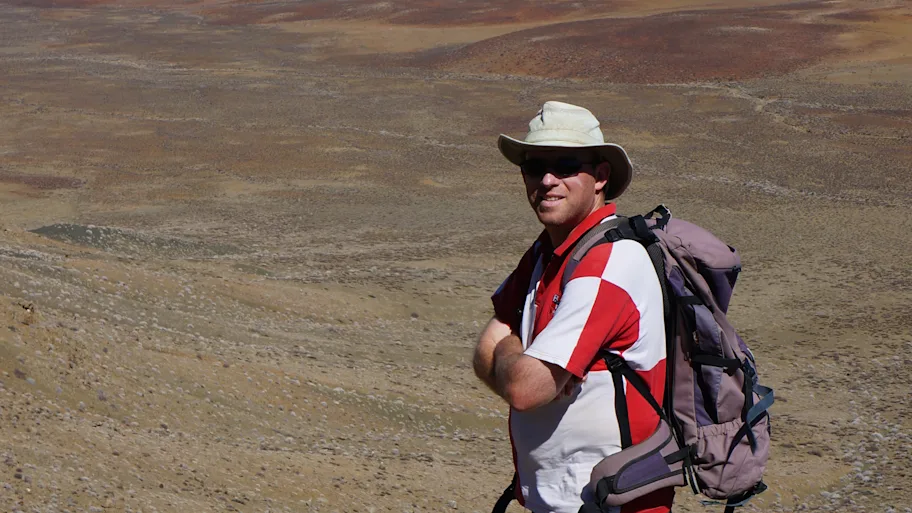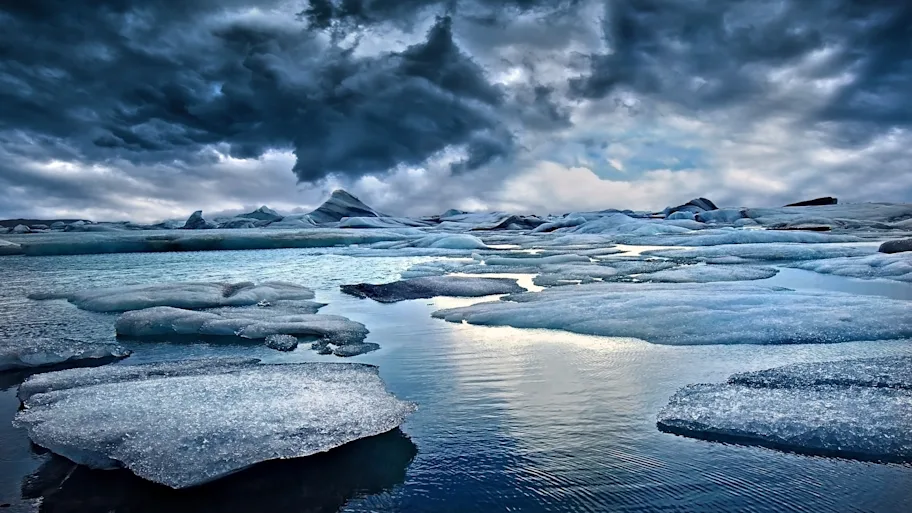
- Science news
- Frontiers news
- Geochemistry section launches in Frontiers in Earth Science
Geochemistry section launches in Frontiers in Earth Science
We are very pleased to announce the launch of Frontiers in Earth Science latest specialty section, Geochemistry, led by Chief Editors Prof.Craig Lundstrom (University of Illinois) and Prof. Martyn Tranter (University of Bristol). This specialty section encompasses both high- and low-temperature aspects of the discipline, with an Associate Editorial Board currently composed of the following researchers (more to follow soon):

Kirsty C. Crockett (Scottish Association for Marine Science)
Andrew Mitchell (Aberystwyth University)
Mark Skidmore (Montana State University)
Jean-Louis Vigneresse (Georesources Université de Lorraine)
Mission Statement: Modern geochemistry often focuses on determining how elements are distributed between different reservoirs that make up the Earth, the Solar System or beyond. However, its ultimate goal is identification and in-depth understanding of the mechanisms by which these chemical reservoirs form and evolve, thus improving our understanding of how the Earth works as a geochemical system. Indeed, the flux of chemical species between these reservoirs – both in the past and at present, as well as in the future – provides an important constraint for modeling the past and predicting the future.
As Prof. Tranter states: “Geochemistry is a fundamental means of understanding the operation, maintenance and evolution of ecosystems on earth, and very likely other habitats in our galaxy. Geochemistry has the potential to fascinate all atmospheric, earth, marine and environmental scientists because of the spectrum of spatial and temporal scales that are studied. The subject encompasses chemical differentiation over length scales from atomic to pan-galaxy, and reactions that last from nano-seconds to billions of years. The range of systems studied can have widely different physic-chemical conditions, which impacts on the types of reactions that are both possible and which actually occur. The beauty of geochemistry to me is how systems evolve over time and space, what drives that evolution and over what timescales. It strikes me that geochemists have to think in at least four dimensions most of the time.”
Part of the “Frontiers in” journal series, Frontiers in Earth Science offers:
Interactive and collaborative review to ensure quality, rigor, and fairness
World-class editorial boards for all specialty sections.
Open Access for maximum visibility and discoverability.
Advanced article-level analytics and demographics to track reach and impact, including social media buzz.
Fast publication, with an average of 84 days from submission to publication.
Editors and reviewers disclosed on all published articles for maximum transparency.
The “Frontiers in” journal series, supported by over 230,000 leading researchers worldwide, has already published 37,000 peer-reviewed articles across over 50 journals. We are currently considering applications to join the editorial board of Frontiers in Earth Science. To apply for an editorial role, or find out more information about Frontiers, please contact: earthscience.editorial.office@frontiersin.org.






